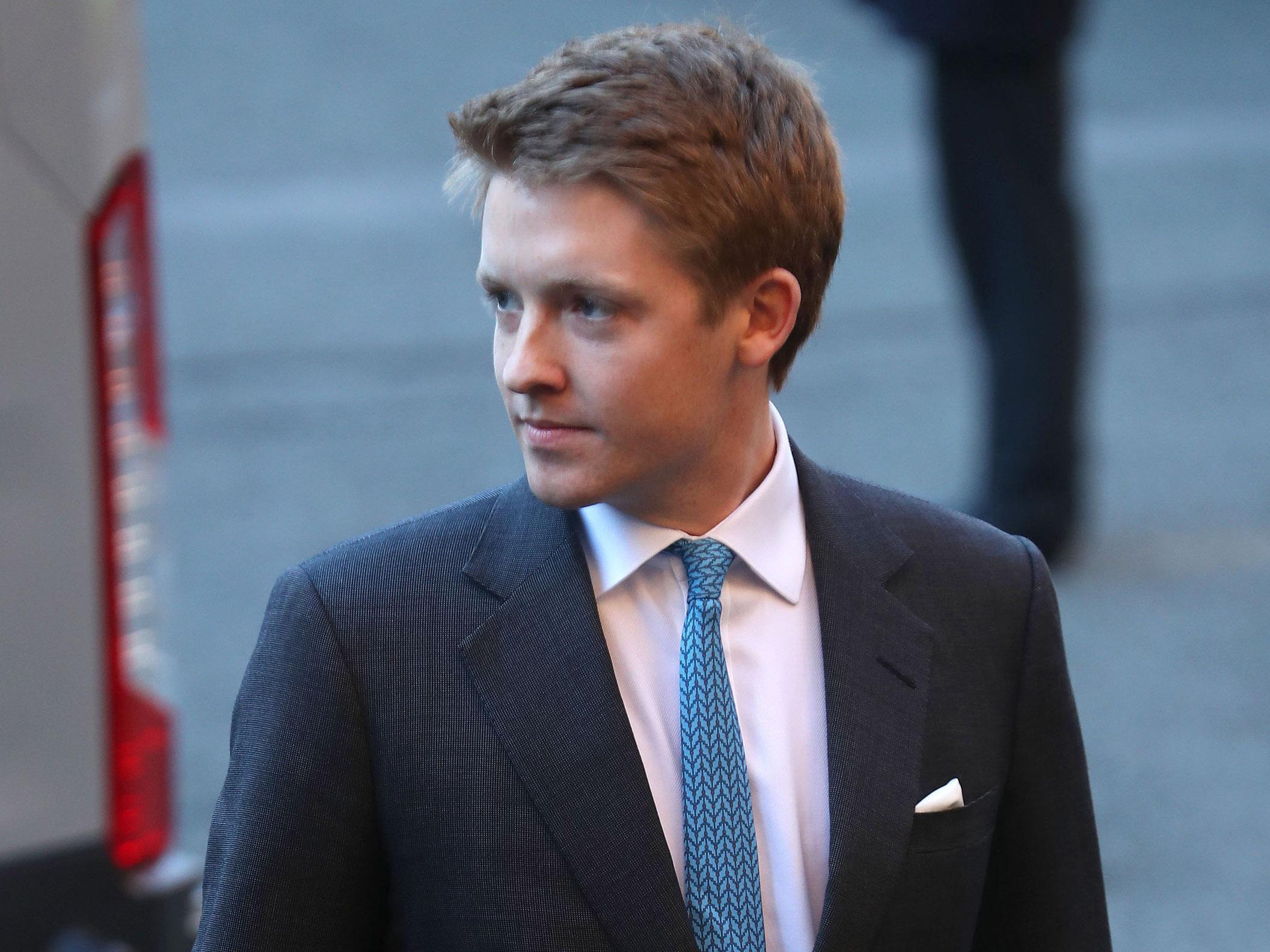One of Britain's richest men inherits billions and avoids paying inheritance taxes
The Duke of Westminster's £8.3 billion fortune is believed to have been handed down to his son, Hugh Grosvenor

The Duke of Westminster, one of the richest men in Britian, reportedly inherited the bulk of his father's £8.3bn fortune without having to pay a penny in death duties.
The late Gerald Cavendish Grosvenor earned his wealth on the back of a vast portfolio of property and land. Part of his portfolio was made up 300 acres across West London, which included upmarket areas like Belgravia and Mayfair.
But the personal estate left to his widow Natalia, 58, amounted to slightly more than £600m, The Times reported – a fraction of the fortune he had accrued when he died, aged 64, last August.
The bulk of his empire, however, was passed on through family trusts, which still fall outside the scope of inheritance tax rules.
Trusts work by allowing the settlor (the person who establishes the trust), to entrust their assets to a group of people (the trustees). The trustees are the legal owners of the assets and manage and ultimately distribute them for the benefit of the beneficiaries (the people who the settlor wishes to benefit from the trust).
It is believed that in this case they were largely handed down to his son Hugh, 26, the only male among four children and heir to his father’s dukedom, and became Britain's youngest billionaire as a result.
He was named as the ninth wealthiest person in Britain this year in the Sunday Times Rich List, which put his fortune at £9.5bn. He also earned his father's title, and is now the seventh Duke of Westminster.
The late Duke’s daughters, Lady Tamara van Cutsem, 37, Lady Edwina Grosvenor, 35, and Lady Viola Grosvenor, 25, inherited just £20,000 - but will also pick up an undisclosed income from the family trust.
Under British law, inheritance tax of 40 per cent does have to be paid on estates worth more than £325,000 that are left entirely to a spouse or charity.
Wealth handed down through trusts also escapes the levy because they are set up when the person was alive.
John Christensen, of the Tax Justice Network, hit out at the “glaring loophole” in inheritance tax rules.
"The big issue here is the way very, very wealthy families have for generations used trusts to pass assets on outside the sphere of inheritance tax," he told The Times. "It is a glaring loophole. It's a political choice to have it and it means dynastic wealth is passed down the generations intact, leading to a much greater concentration of wealth."
The late Duke of Westminster also left millions to charities from his £8.3 billion fortune. It included £20 million to his family charity the Westminster Foundation as well as £1.1 million to military museums and farming bodies.
A cash sum of £250,000 was also left to be split among his family and staff, including workers at the 27,500-acre estate in Abbeystead, Lancashire.
A spokesman for the Grosvenor Estate said the family trust paid inheritance tax of 6 per cent on the value of its assets every ten years. That was done to keep continuity of ownership rather than to avoid the levy.
He said: “The idea that the Duke doesn’t pay any inheritance tax is completely wrong.”
Join our commenting forum
Join thought-provoking conversations, follow other Independent readers and see their replies
Comments